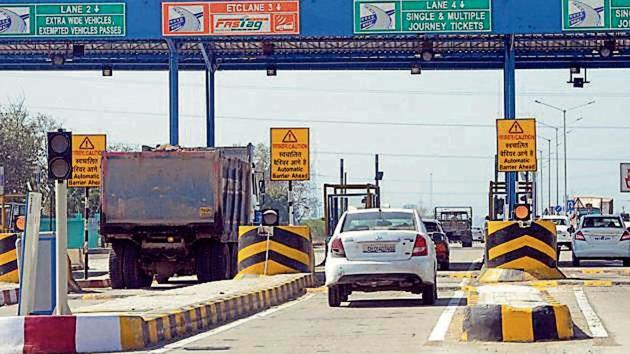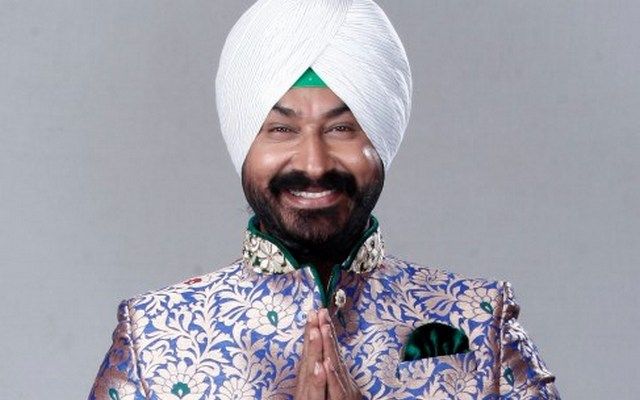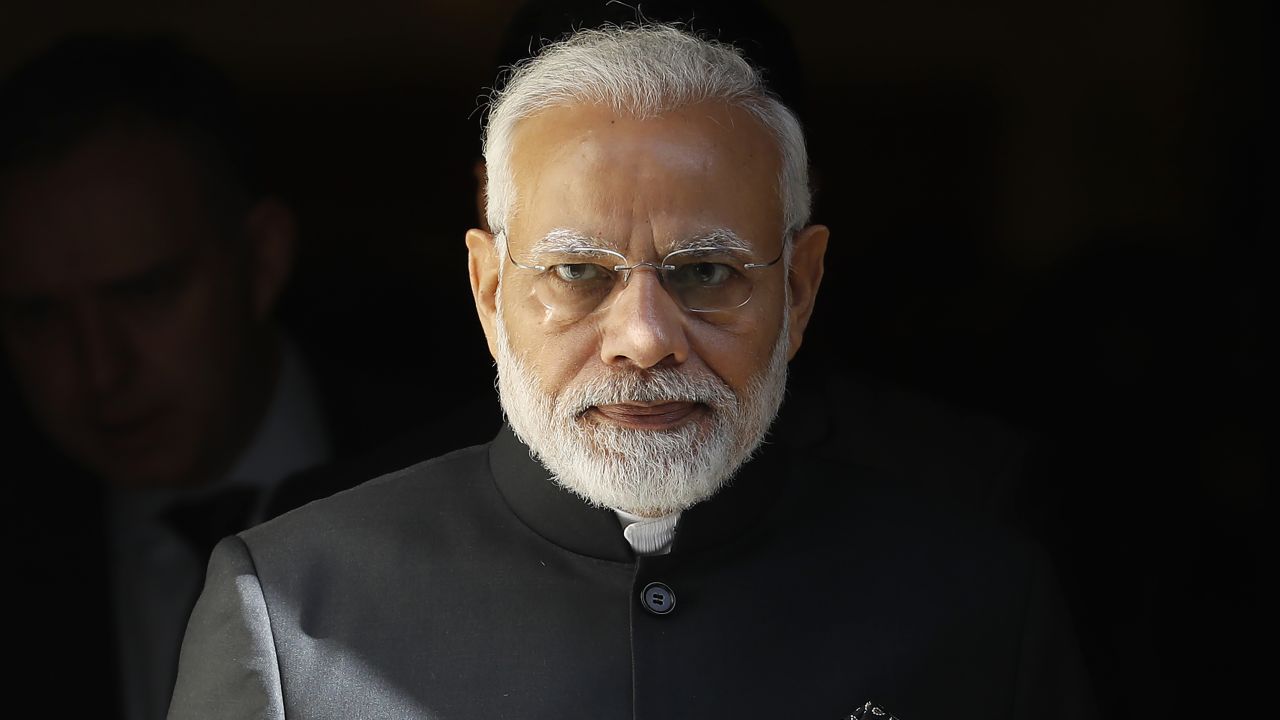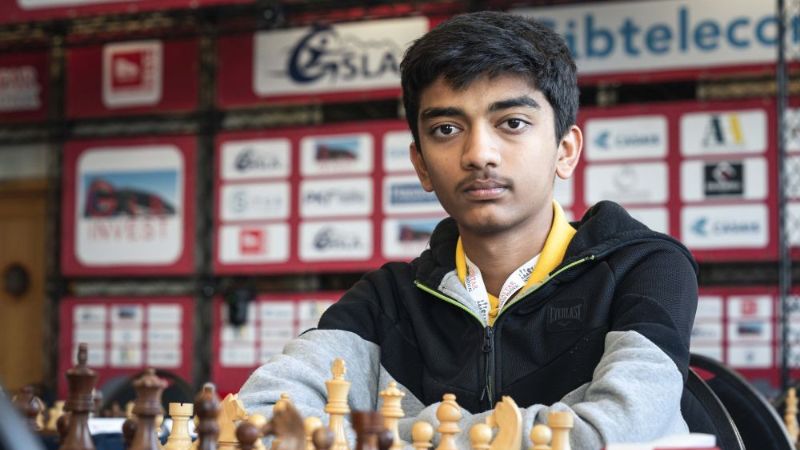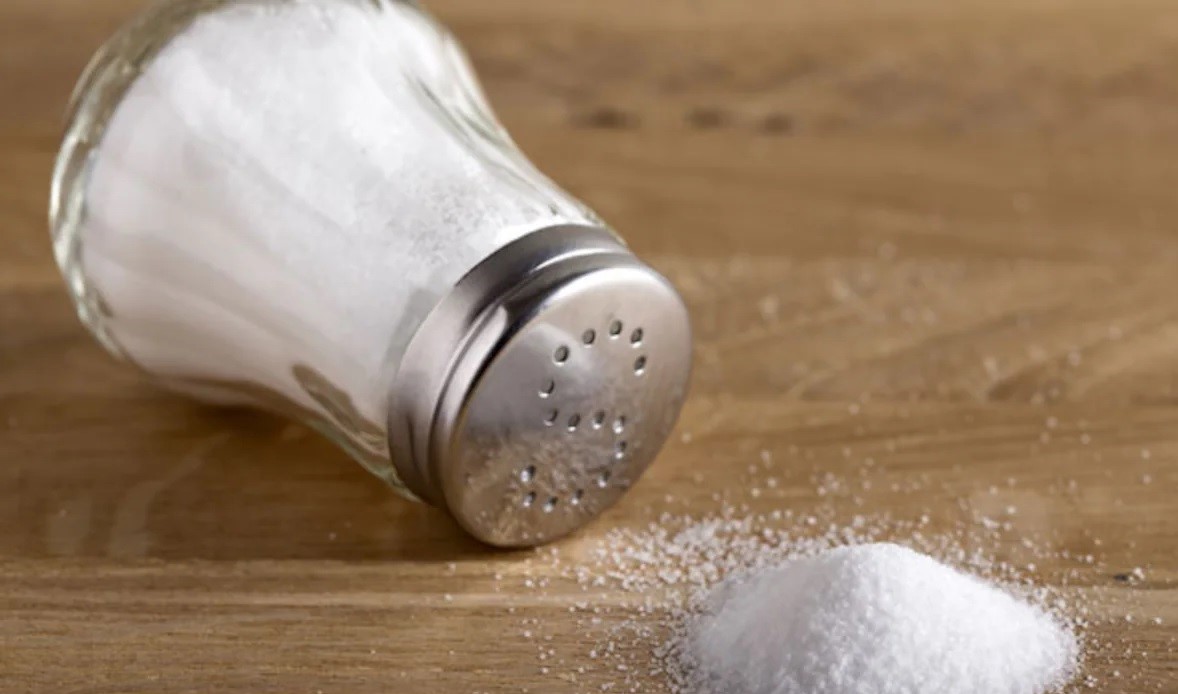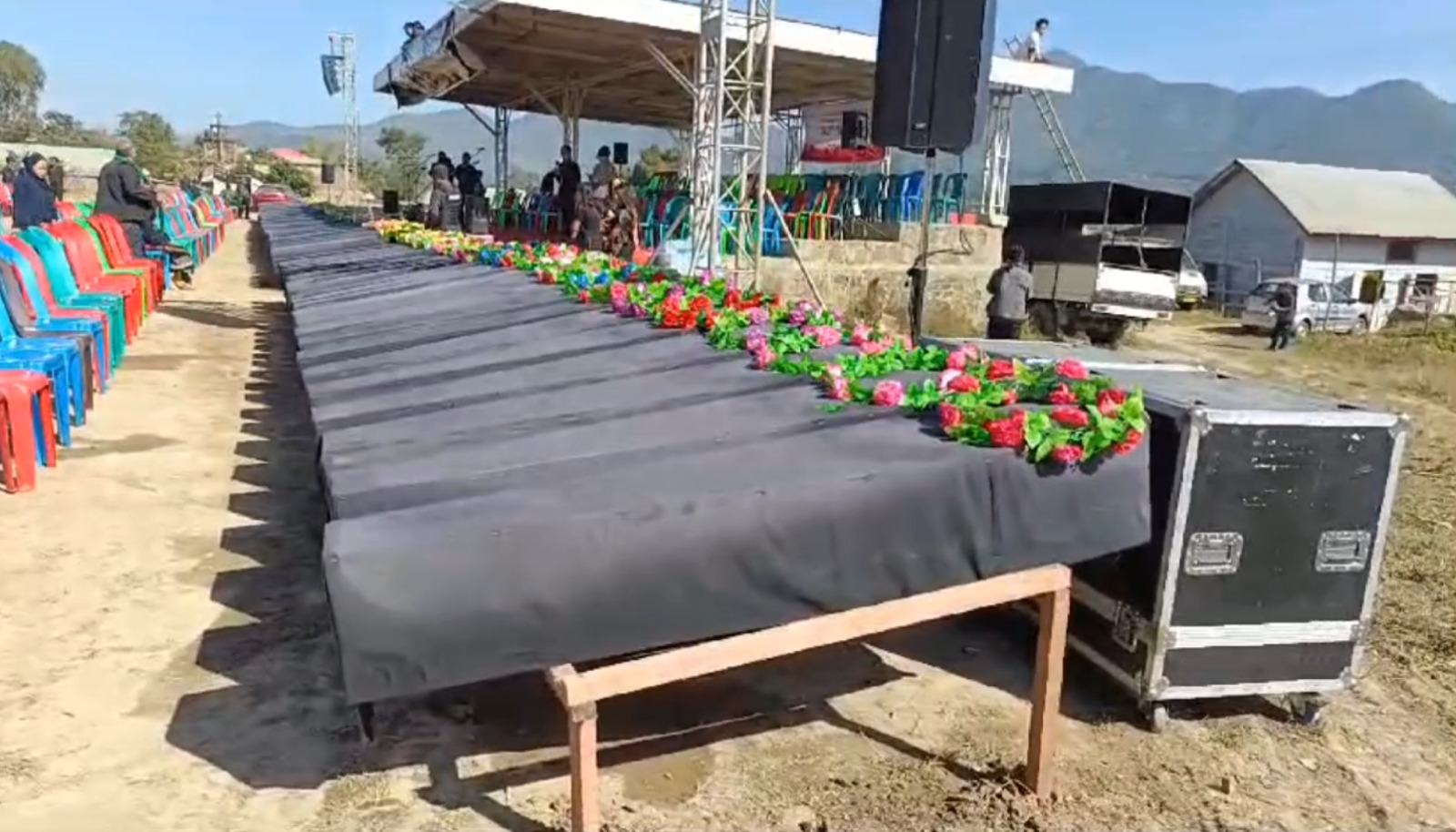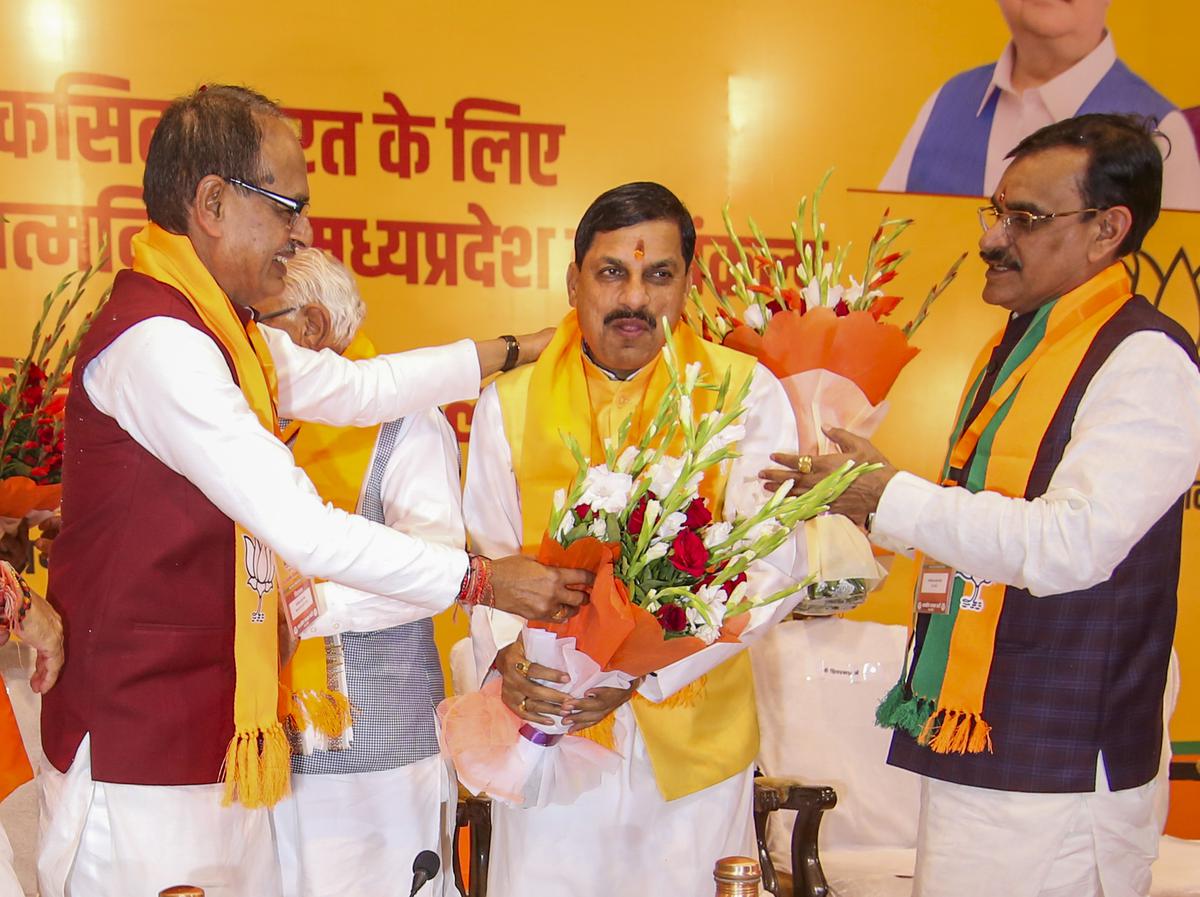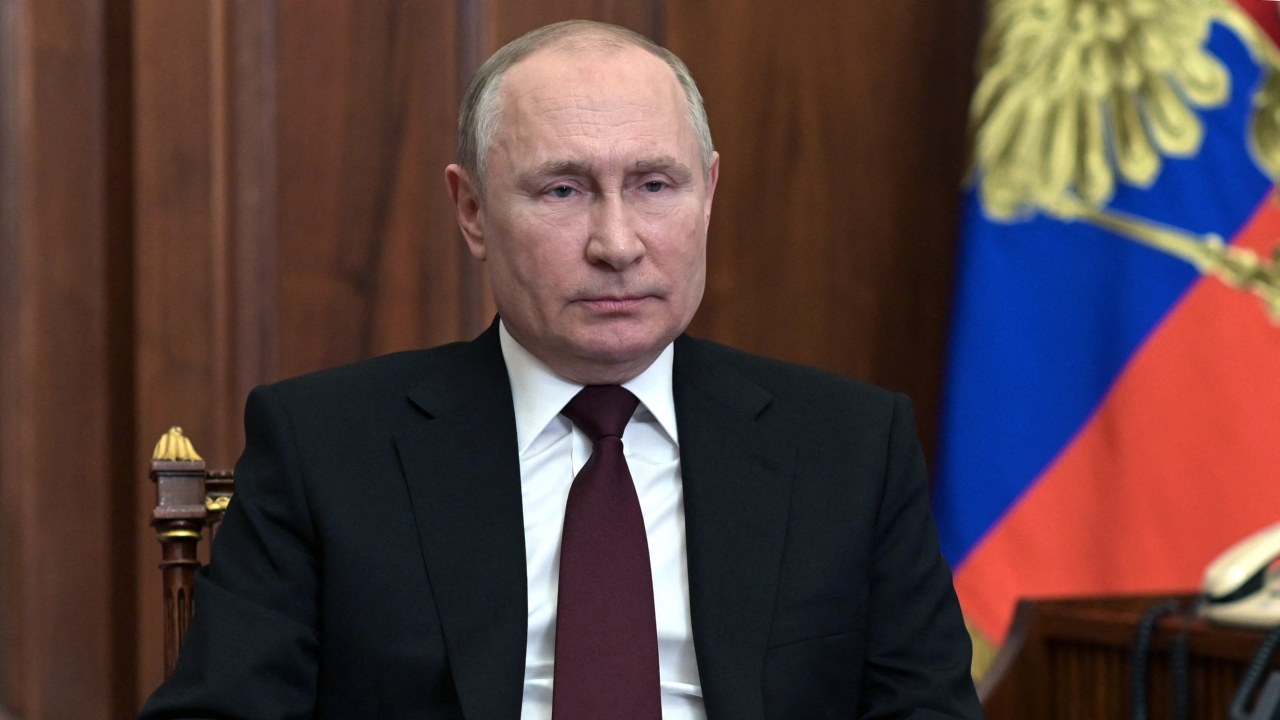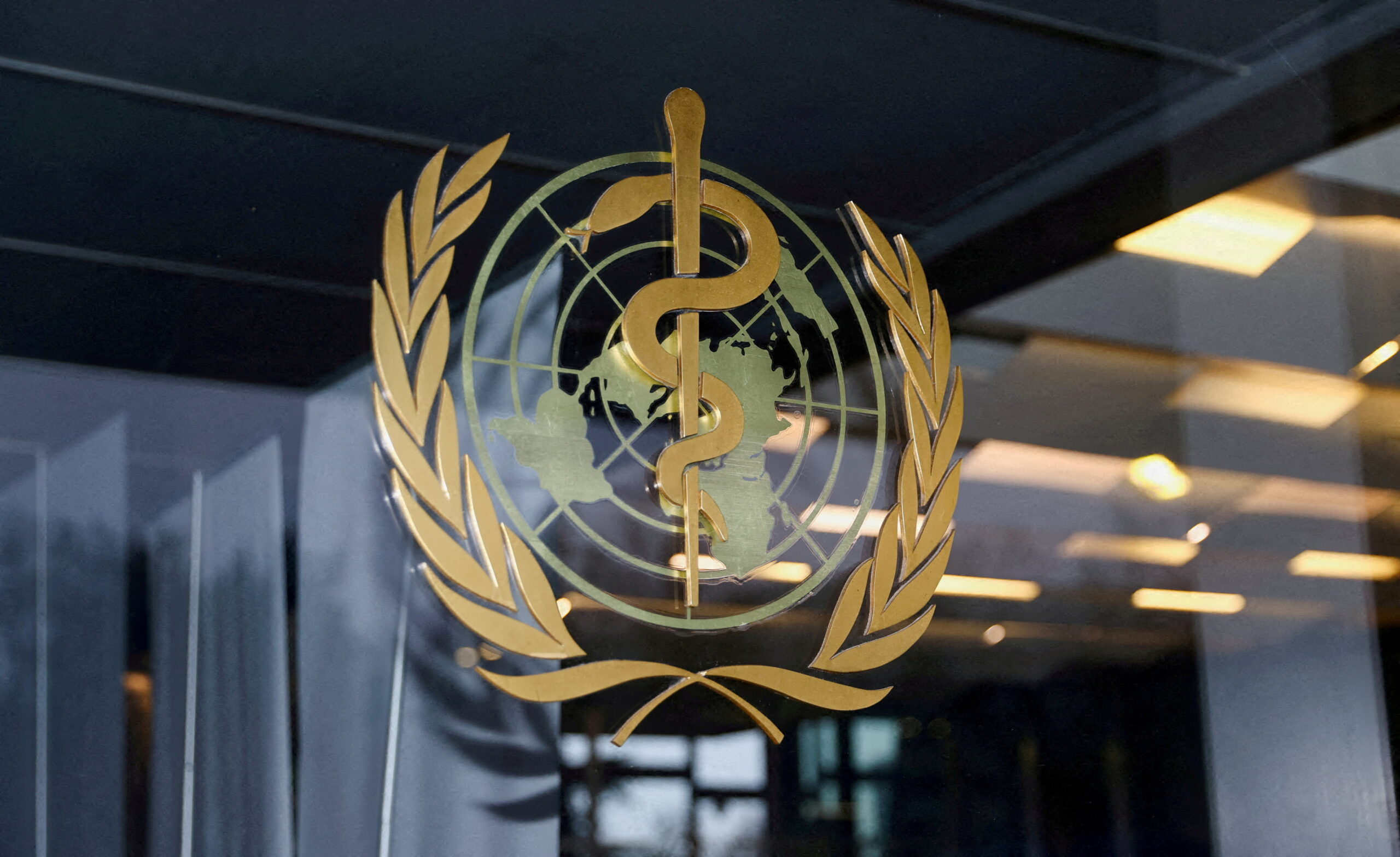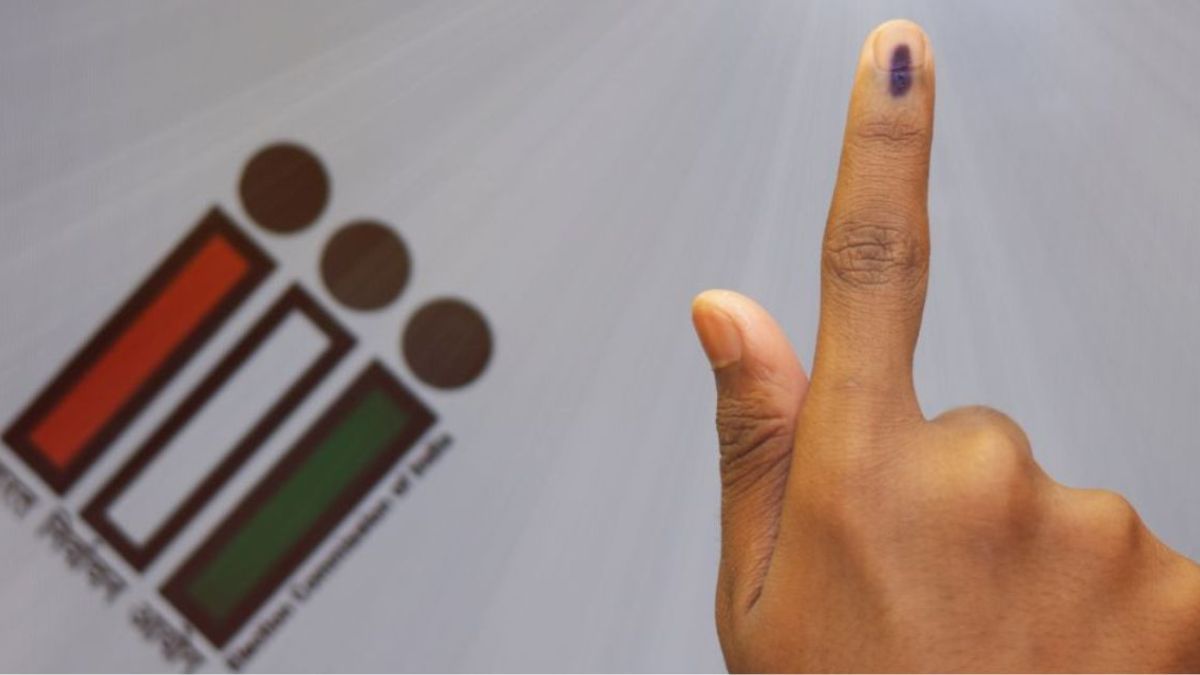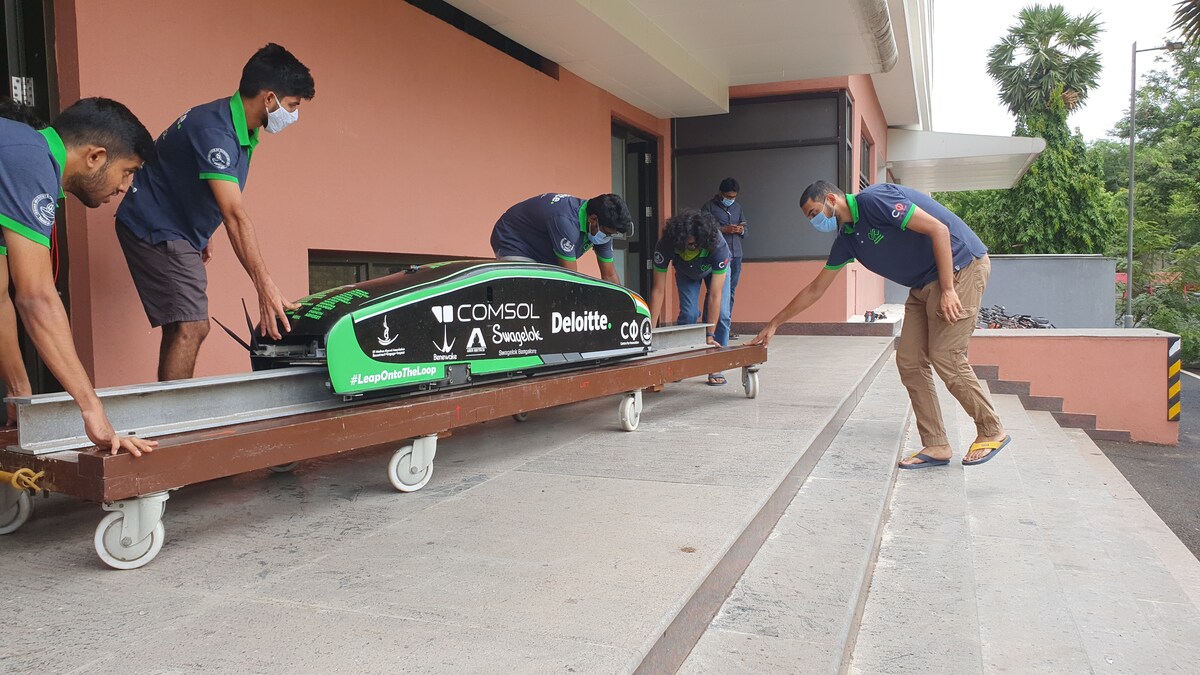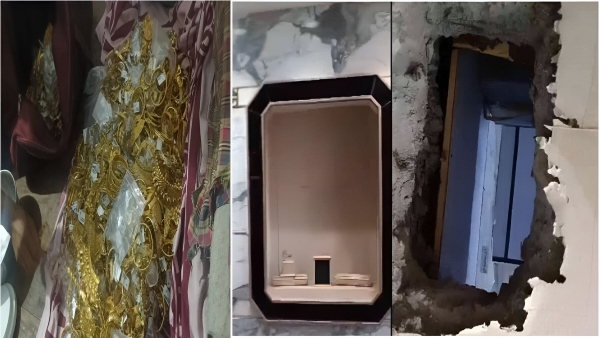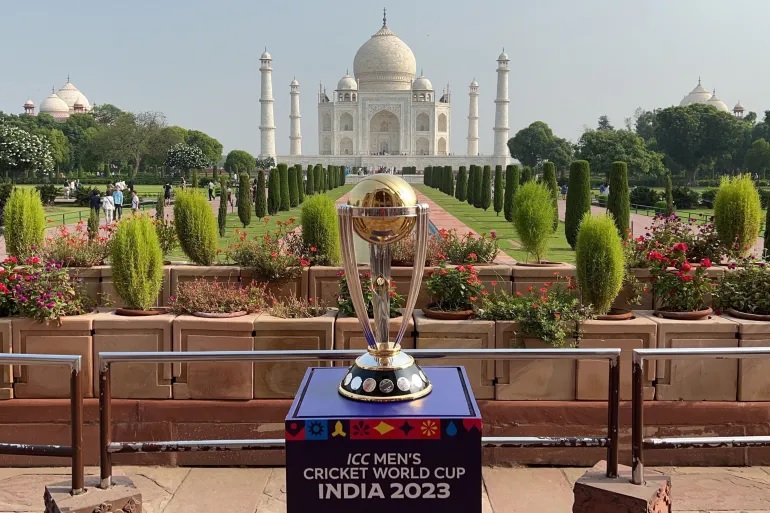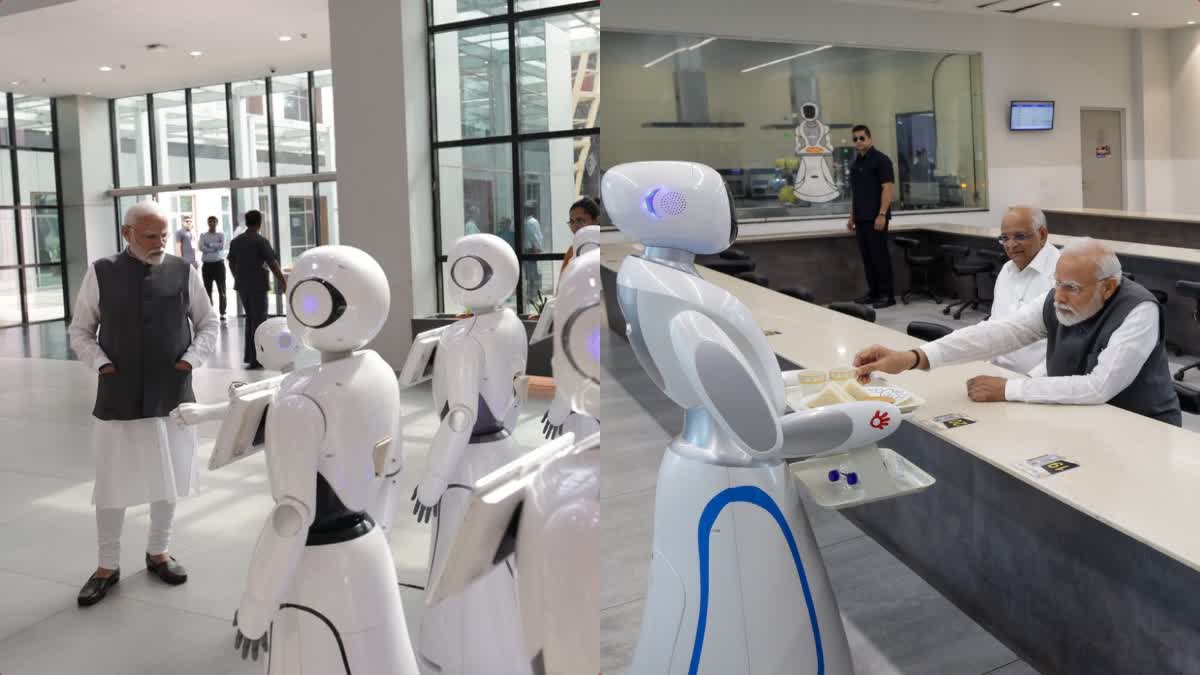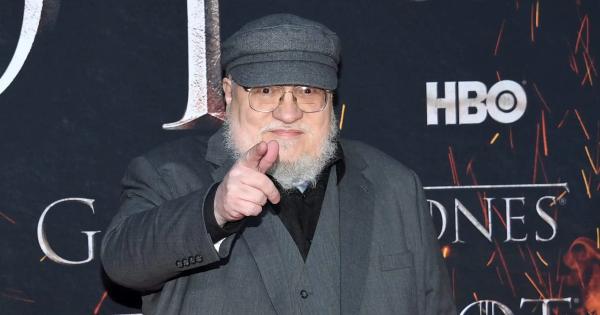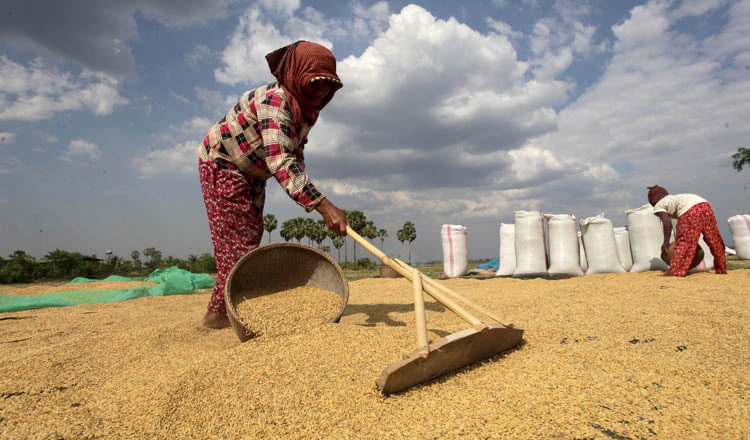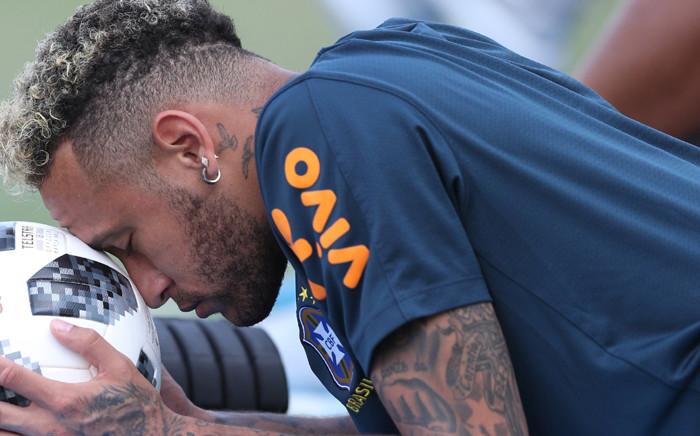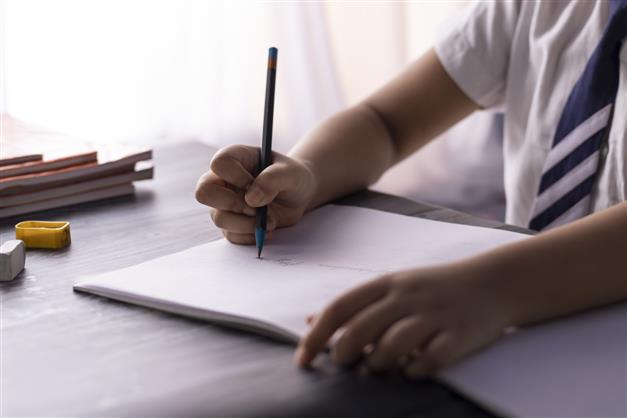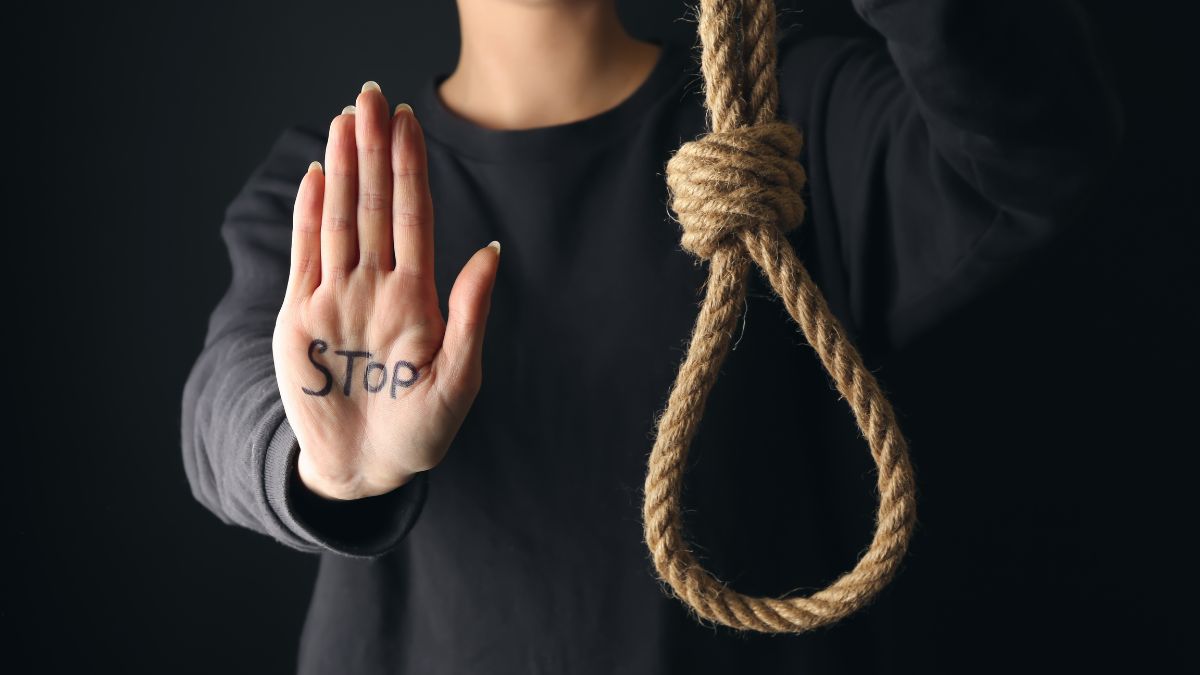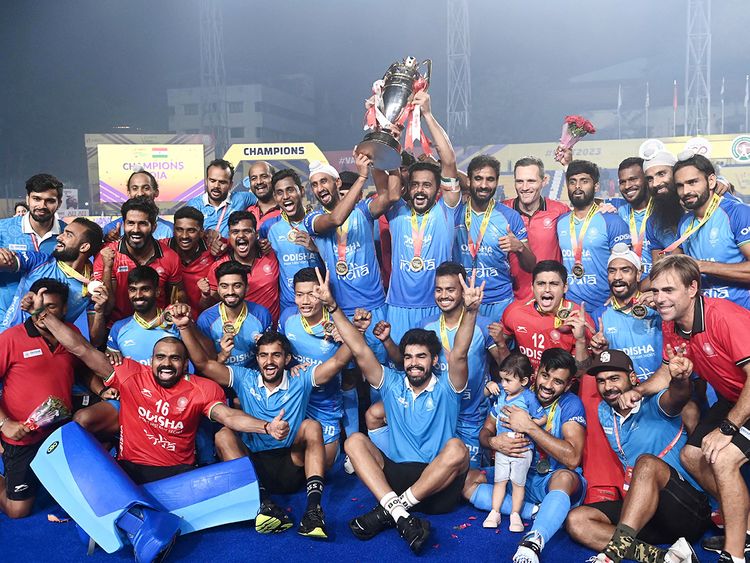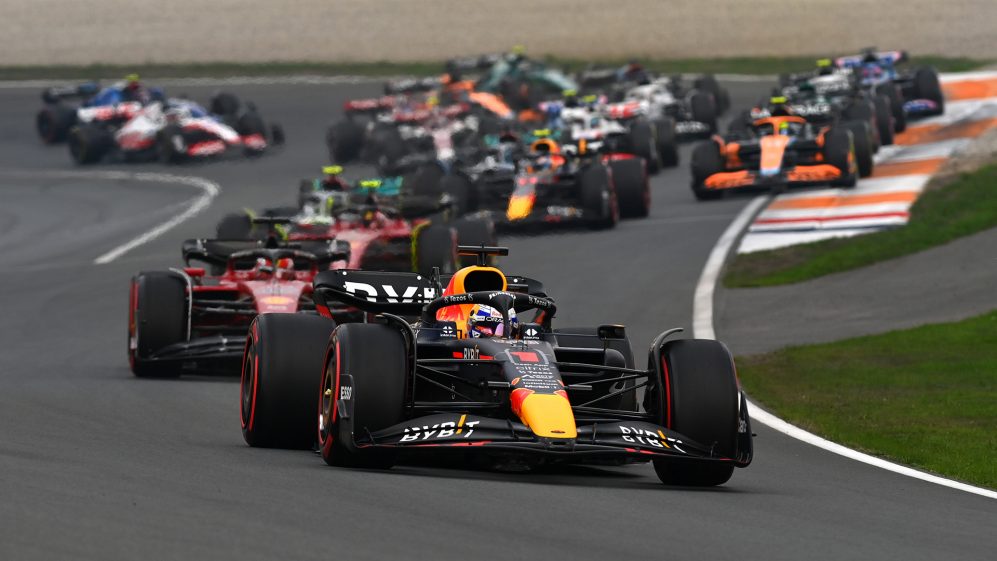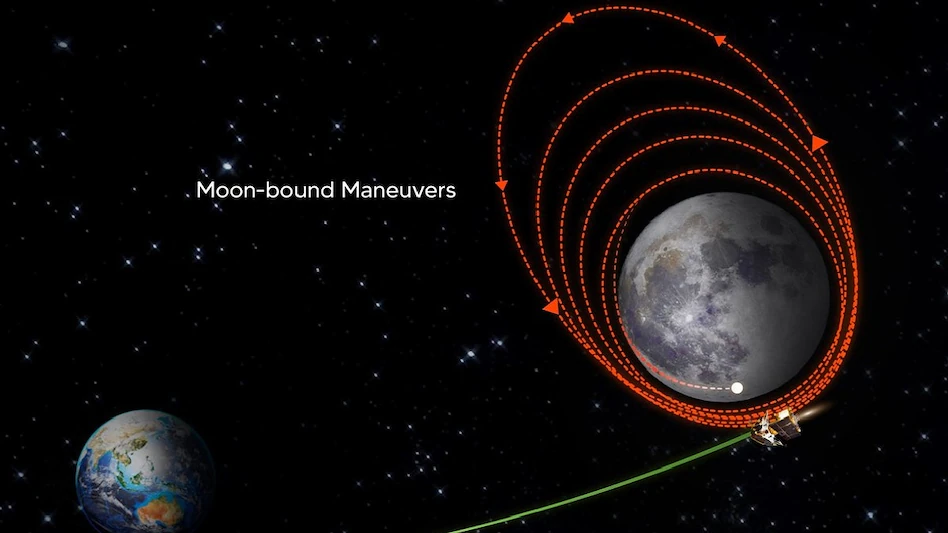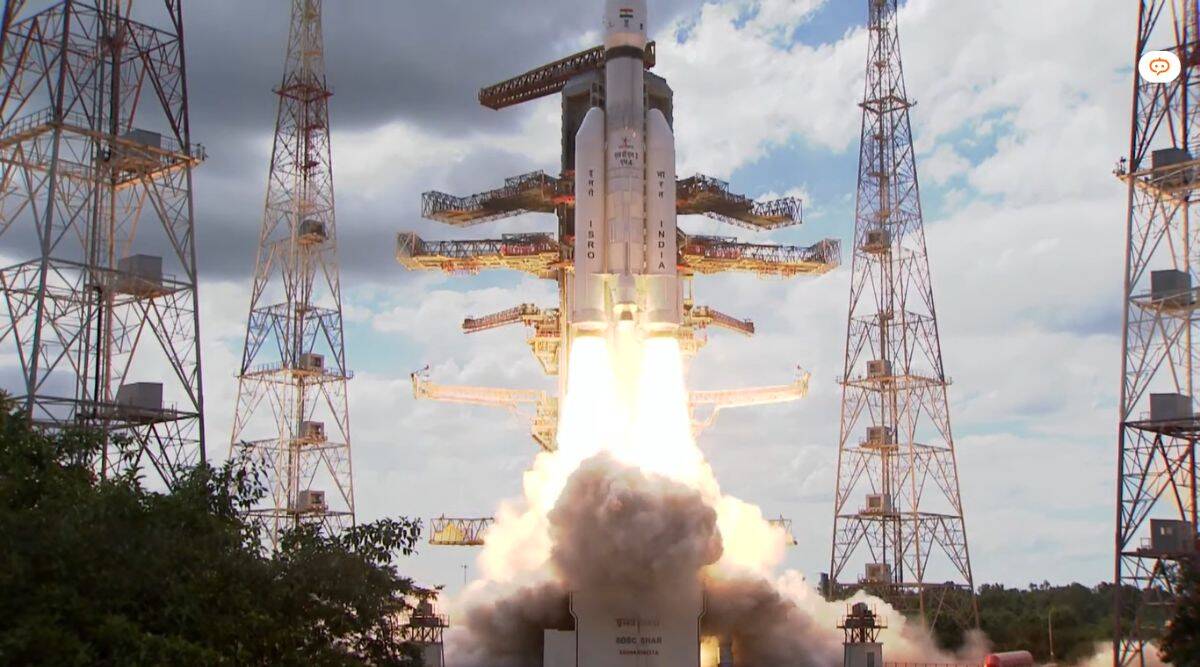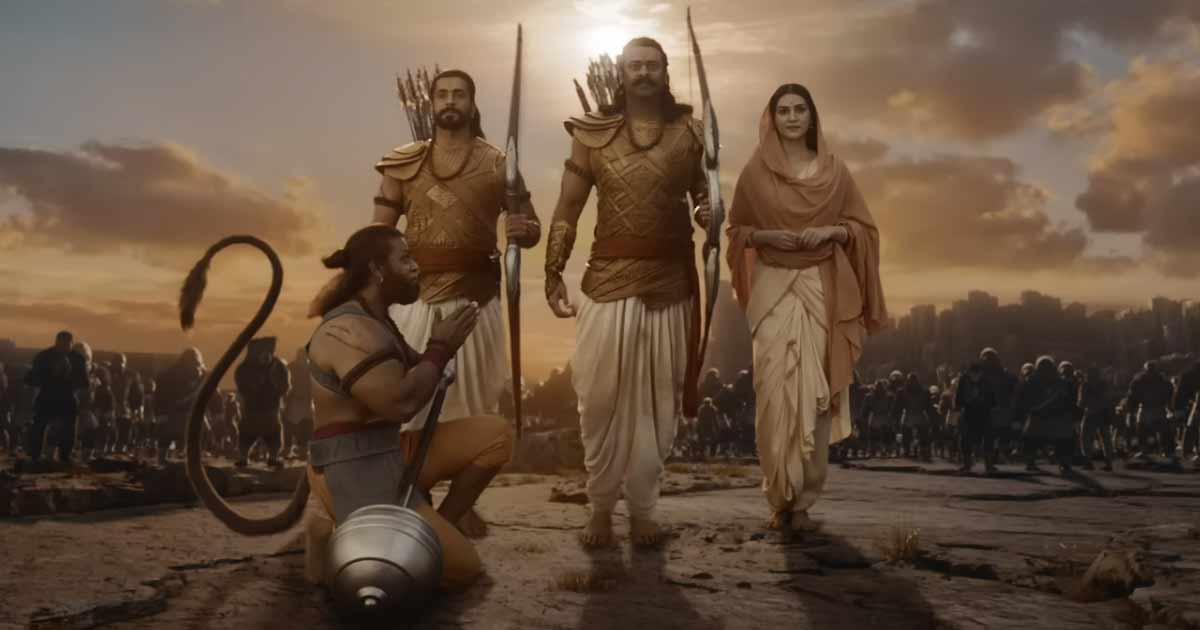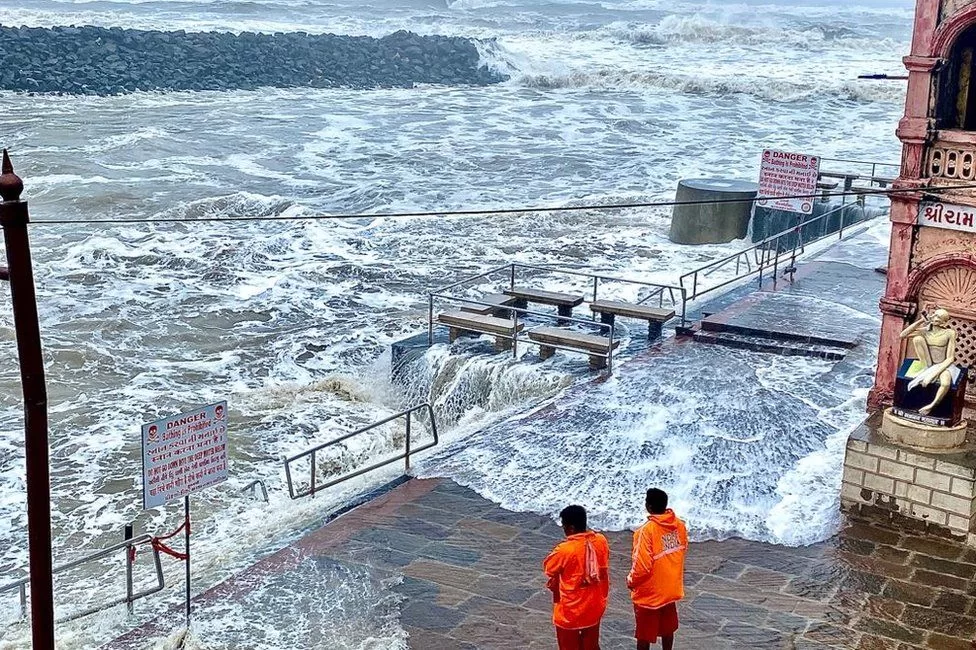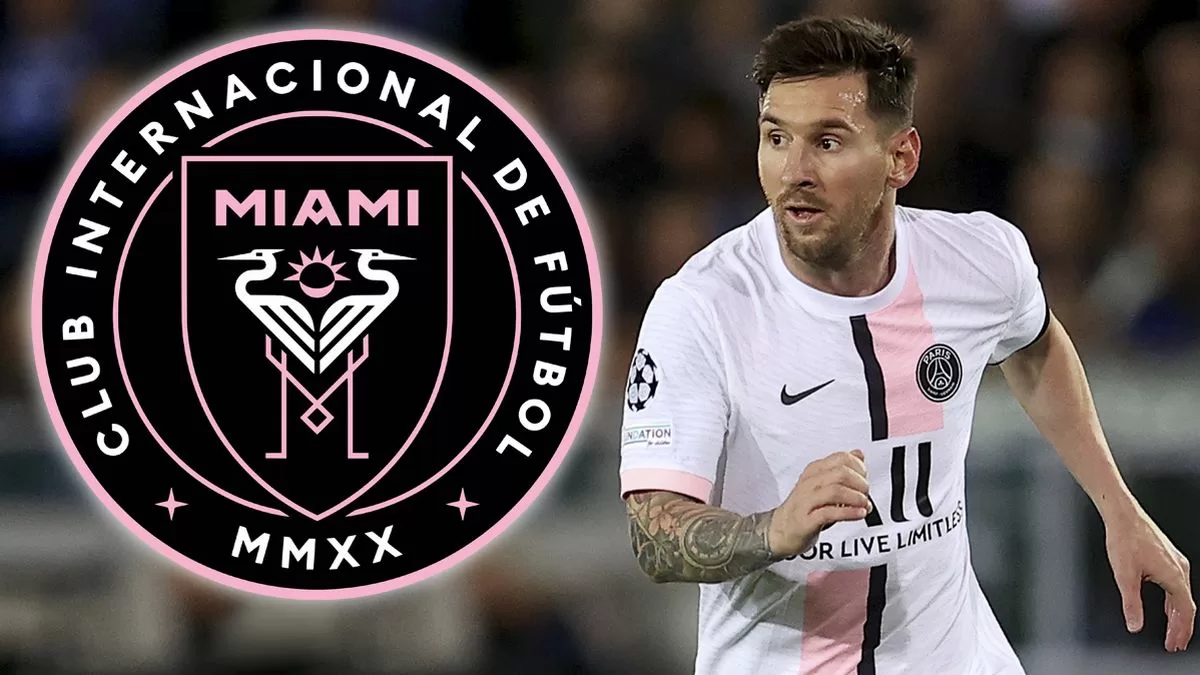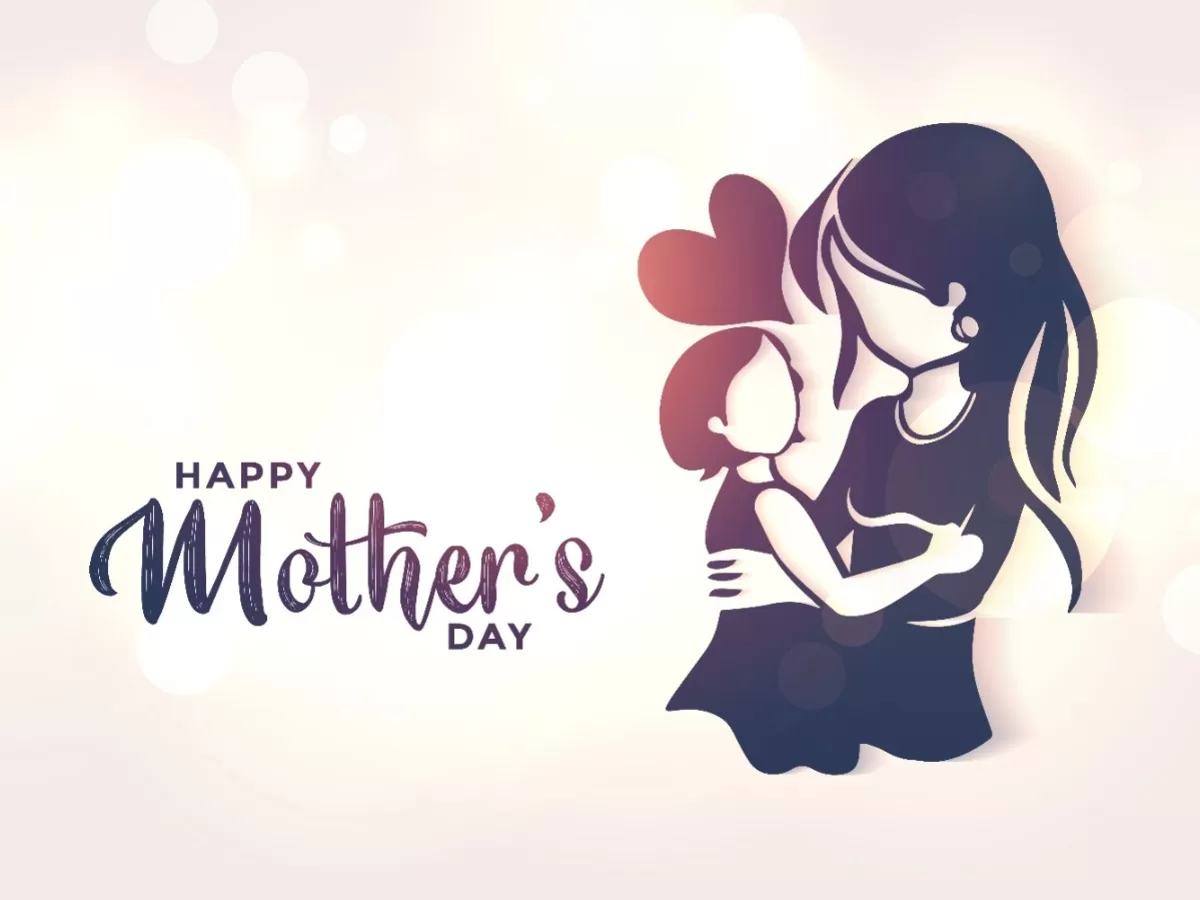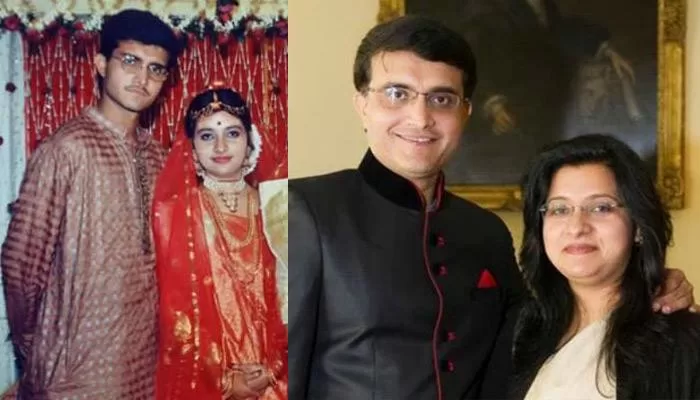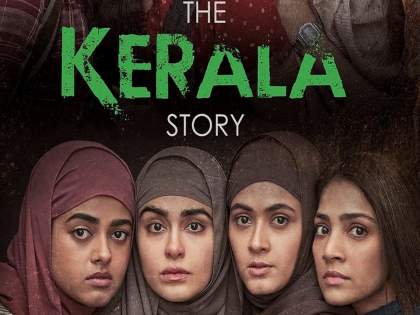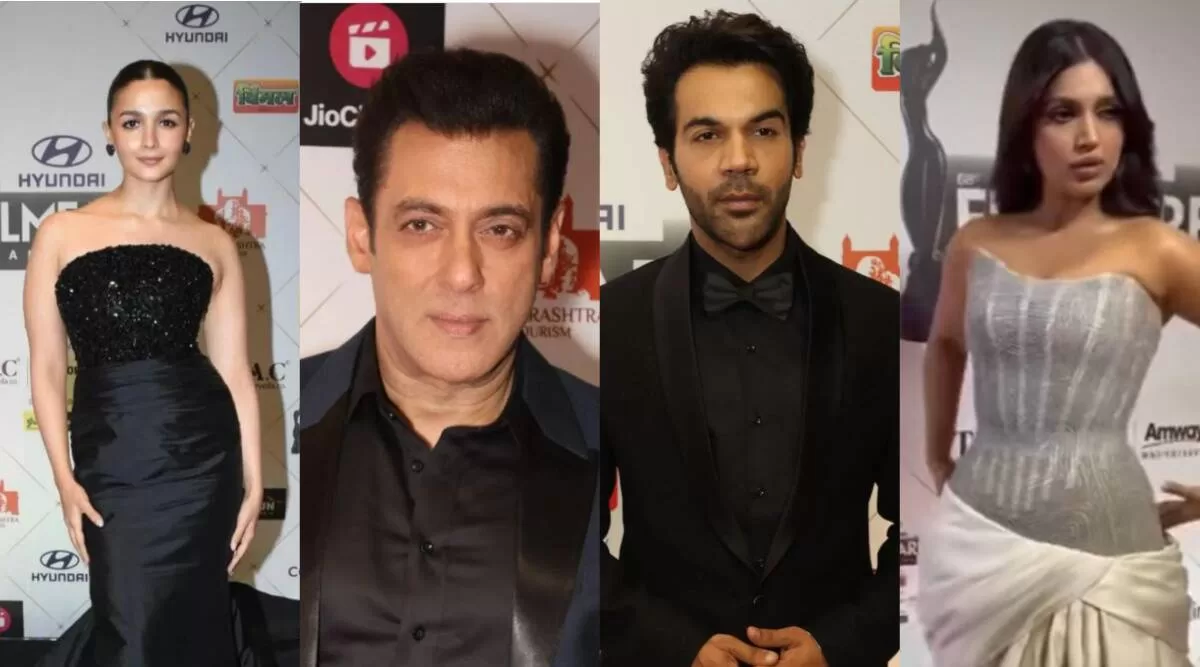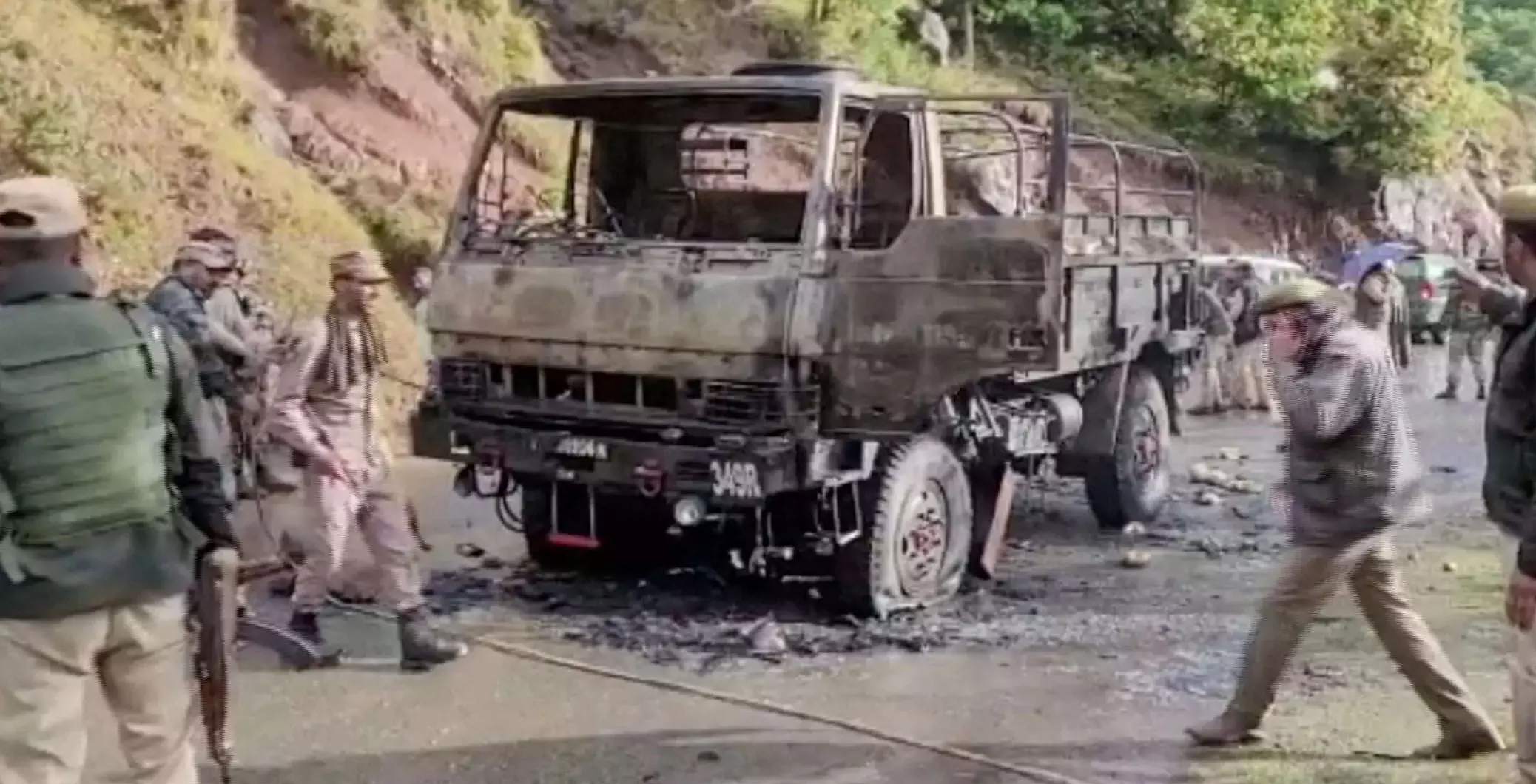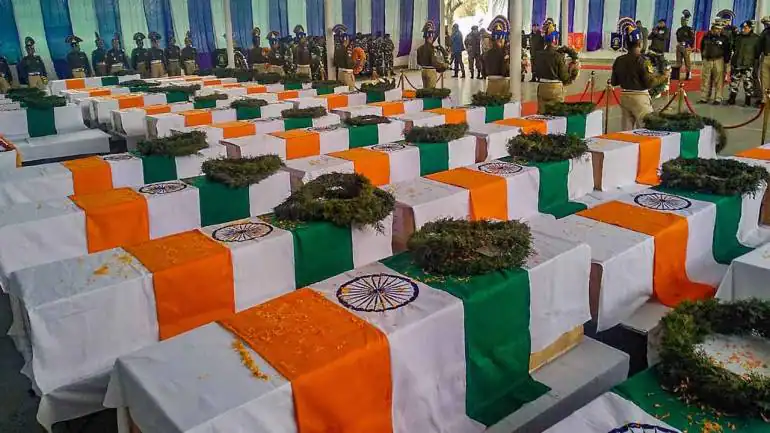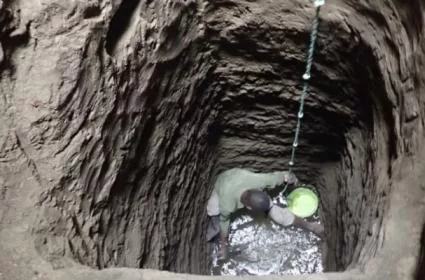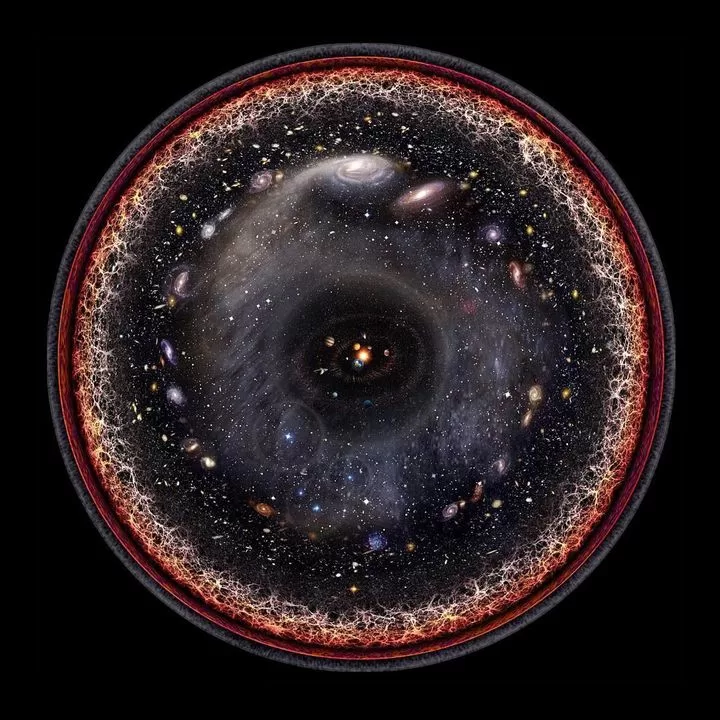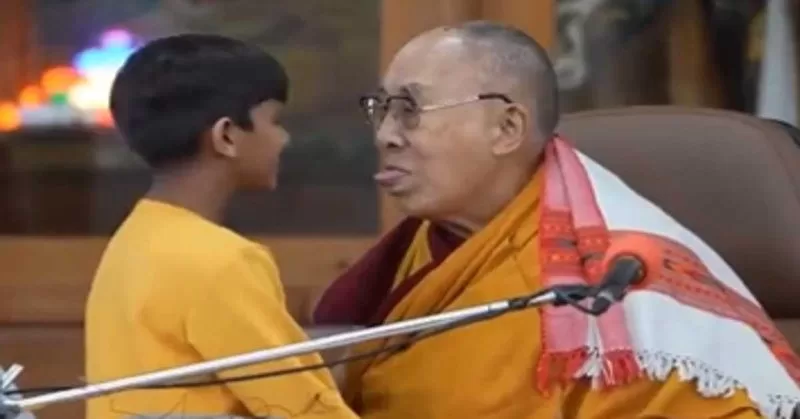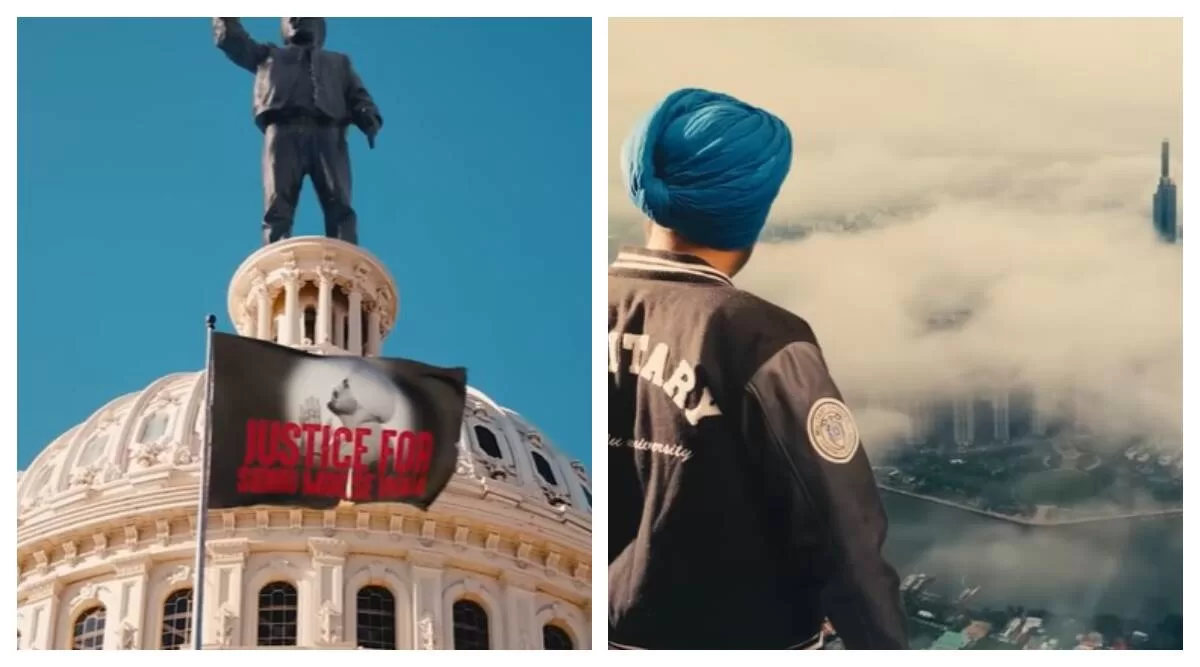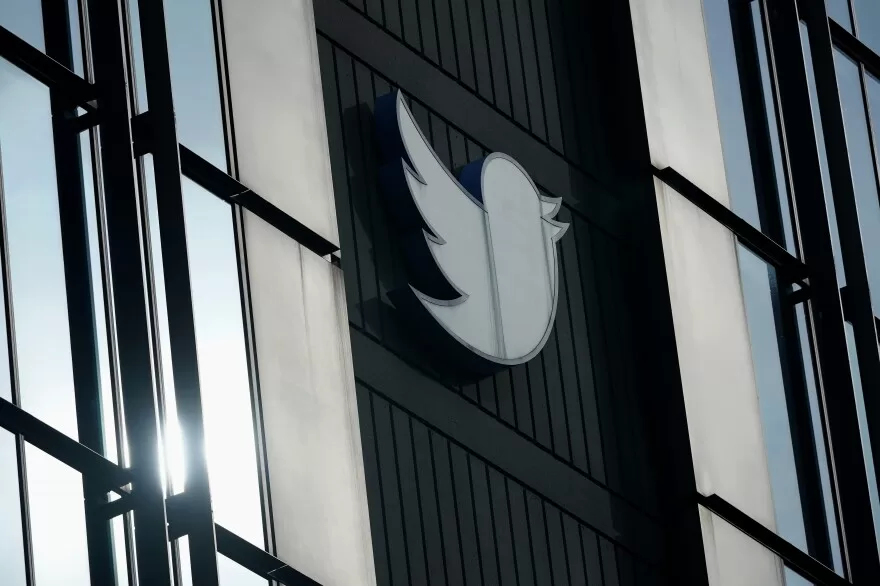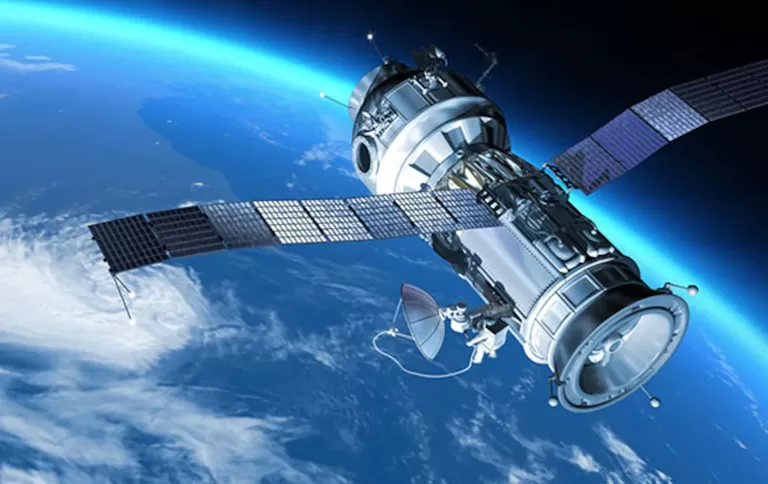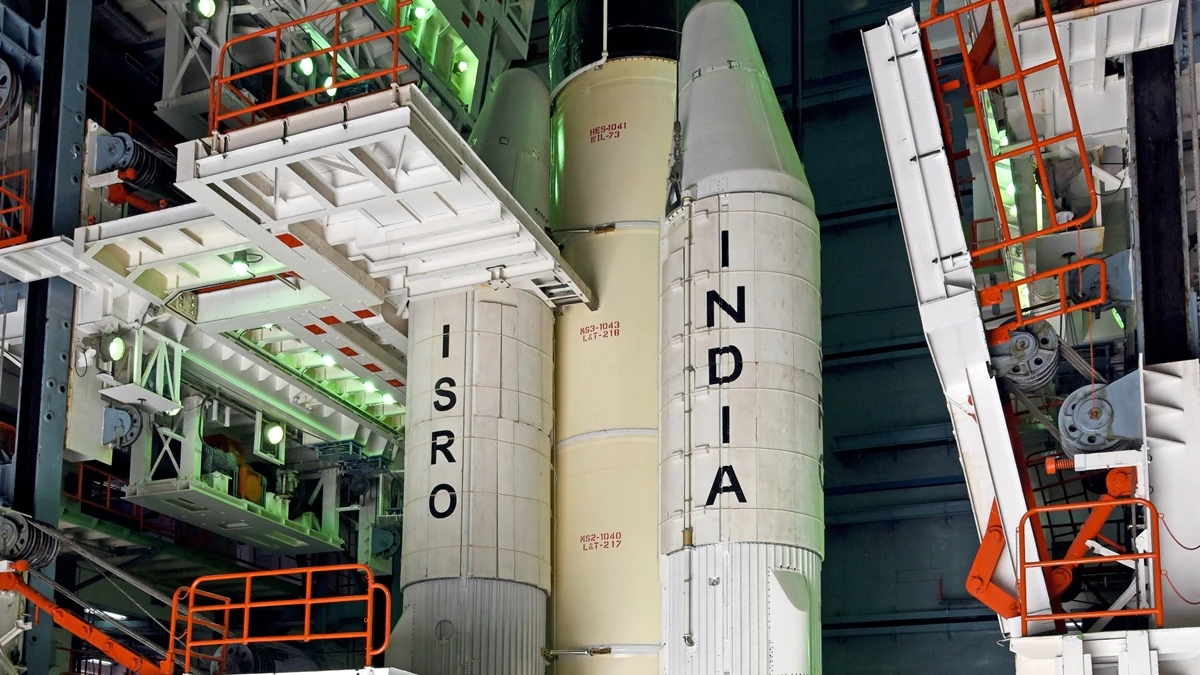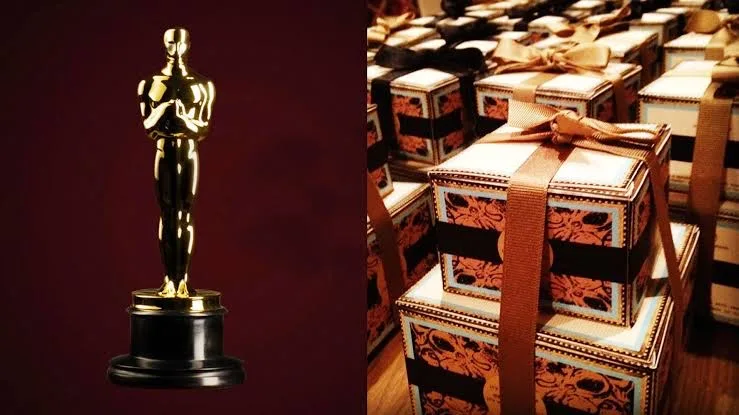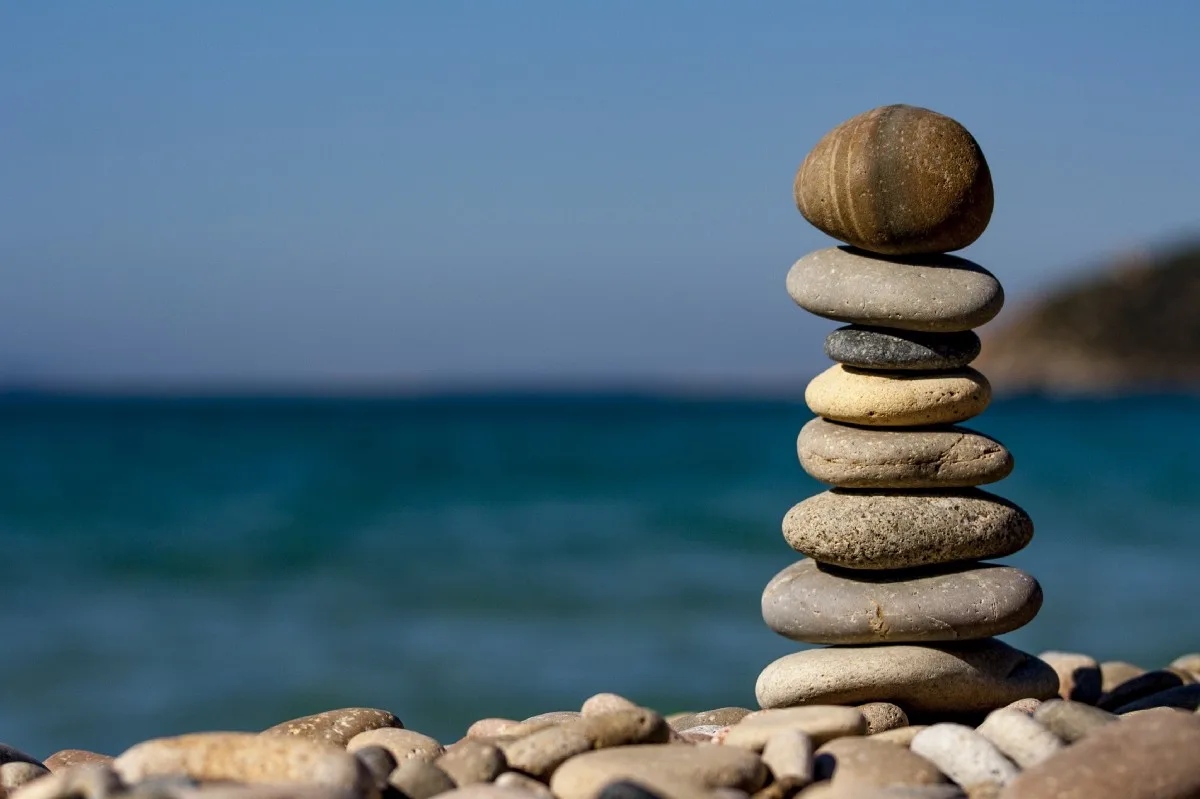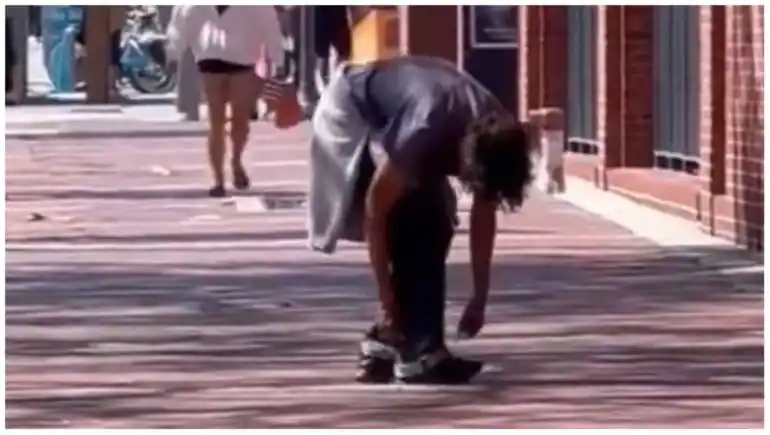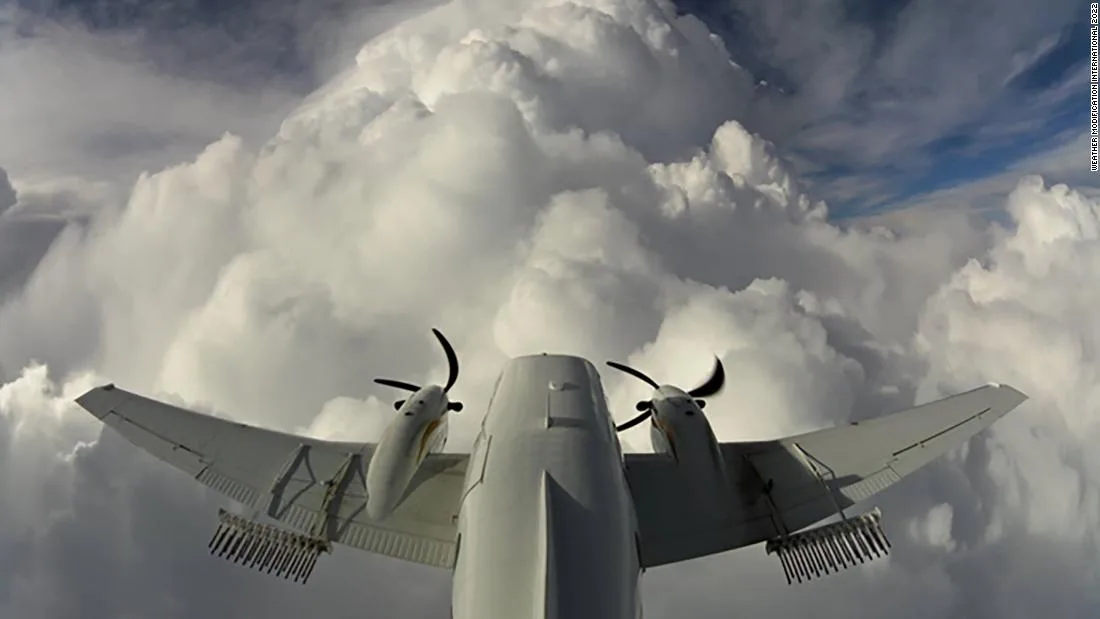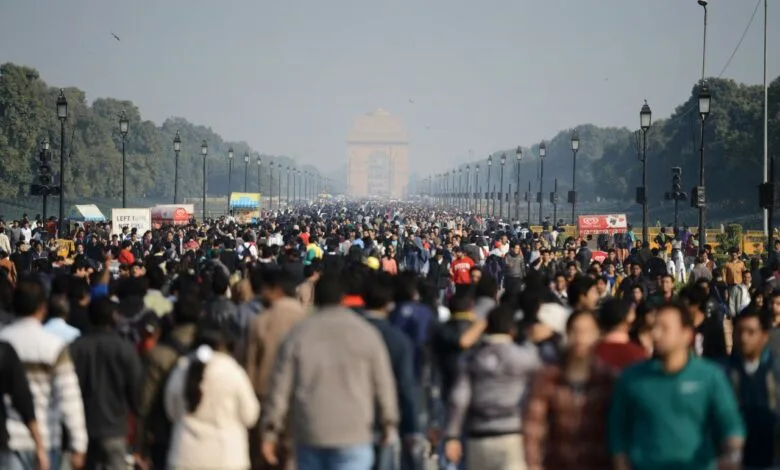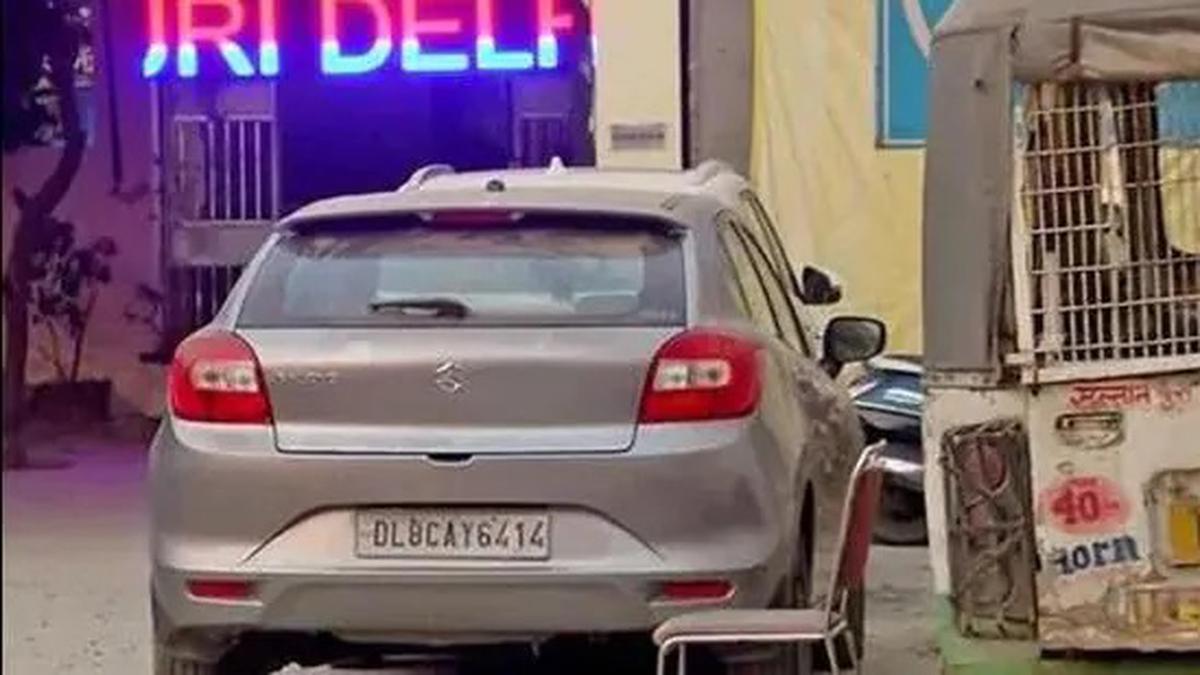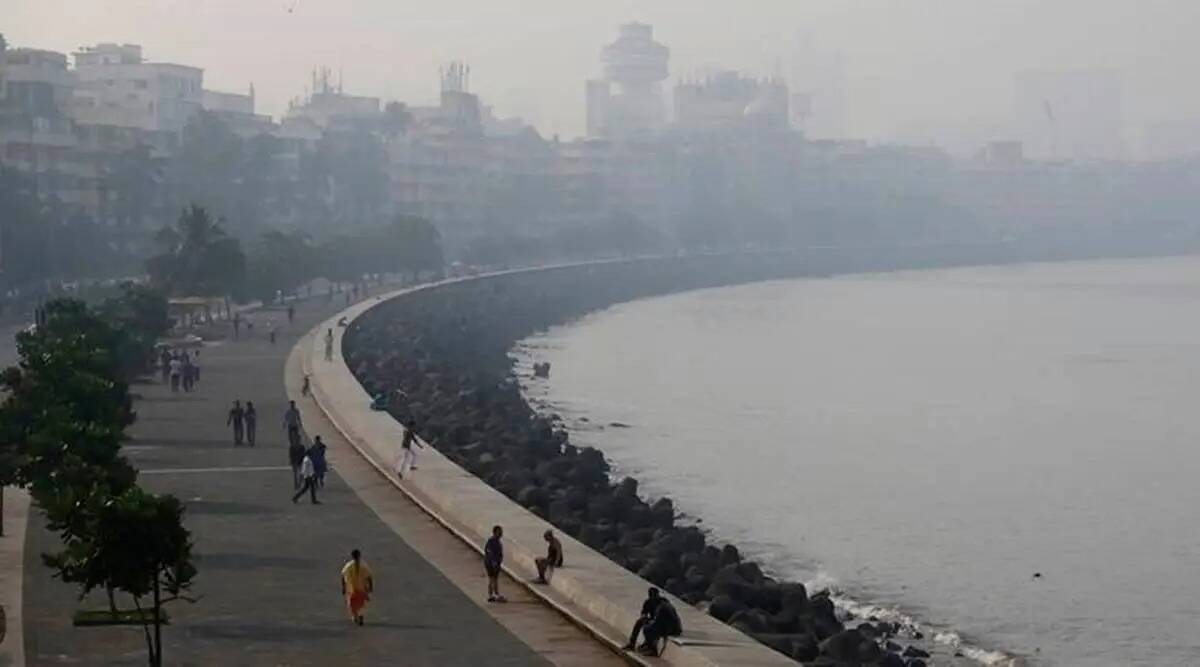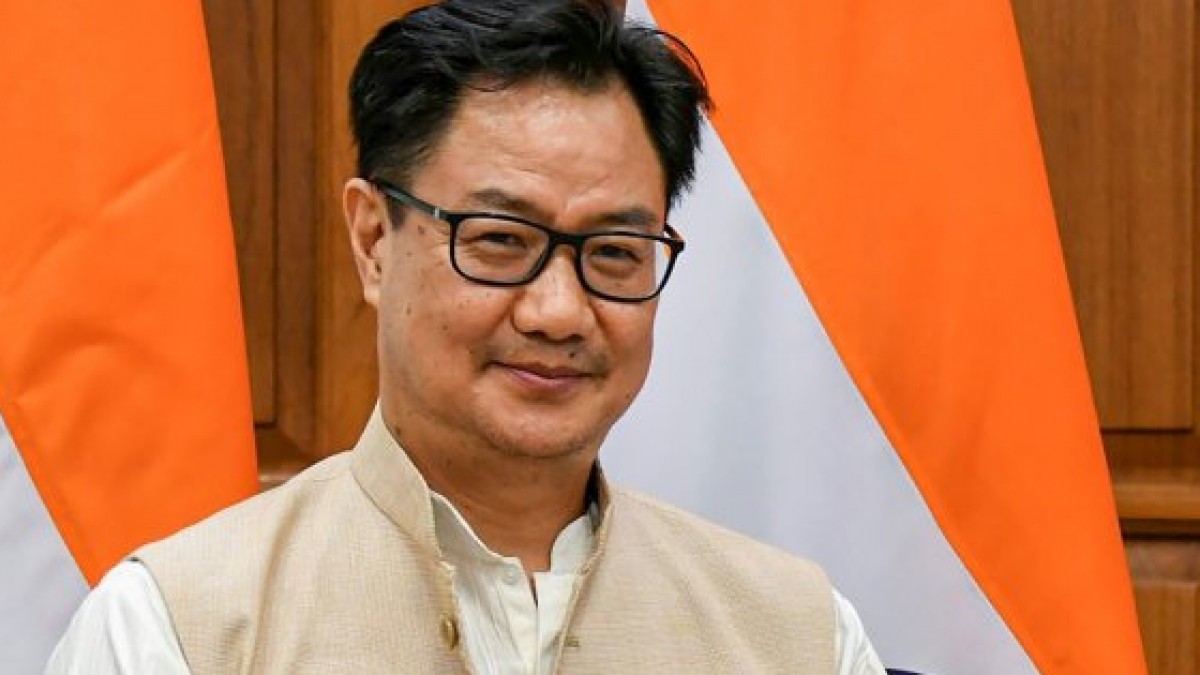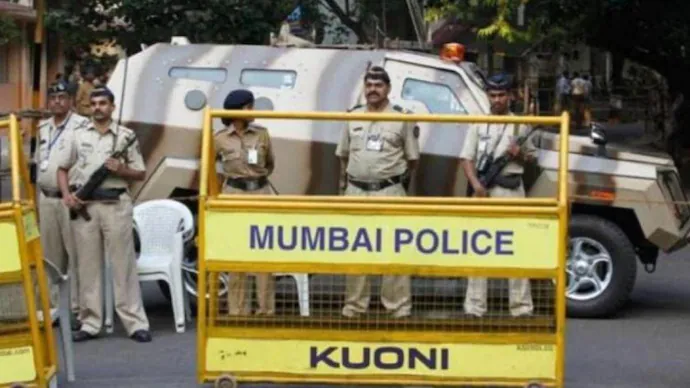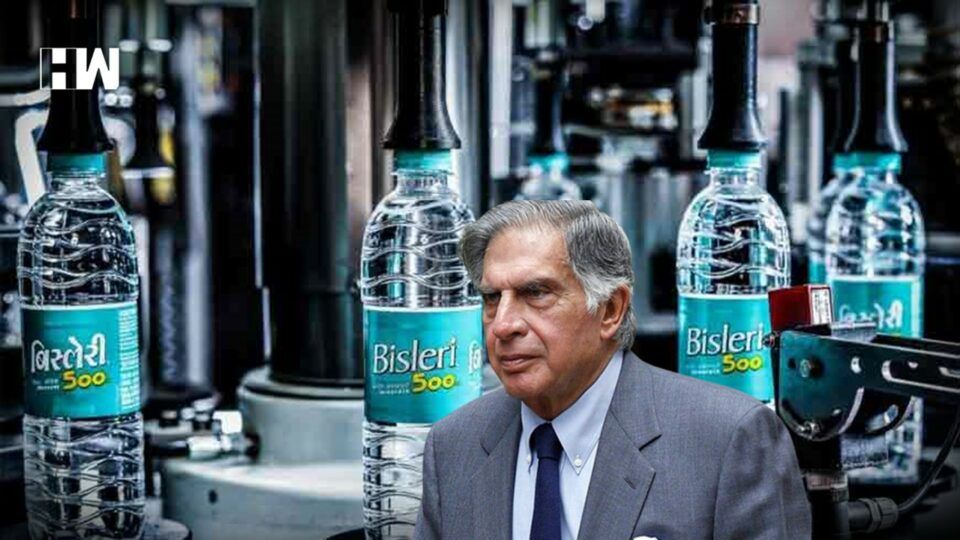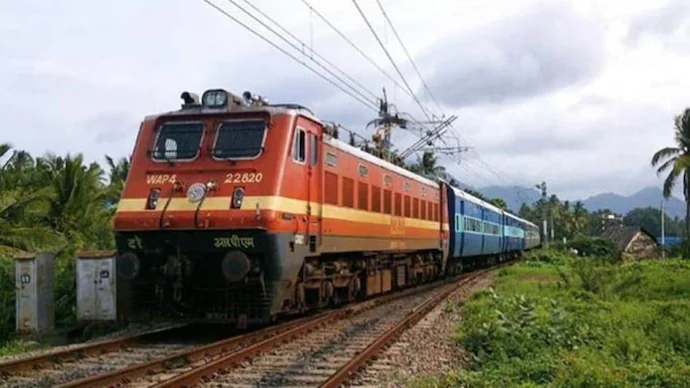
Based on the early results, Putin, 71, is expected to easily win a new six-year term, which would allow him to surpass Josef Stalin as Russia’s longest-serving leader.
Russia’s election on Sunday saw President Vladimir Putin win in a historic post-Soviet landslide, solidifying his hold on power despite the fact that thousands of opponents demonstrated at polling places at midday and the US declared the vote to be neither free nor fair.
The outcome is meant to emphasize to the West that its leaders will have to deal with a stronger Russia, whether in war or peace, for many more years to come, according to Putin, a former KGB lieutenant colonel who first came to power in 1999.
Putin, 71, will undoubtedly win a second six-year term, which would allow him to surpass Josef Stalin and become Russia’s longest-serving leader in more than 200 years, thanks to the early outcome.
According to an exit survey conducted by pollster Public Opinion Foundation (FOM), Putin received 87.8% of the vote, the most percentage of any candidate in Russia’s post-Soviet history. Putin was ranked 87% by the Russian Public Opinion Research Center (VCIOM). According to the initial official findings, the polls were correct.
The National Security Council spokesperson for the White House stated, “Given how Mr. Putin has imprisoned political opponents and prevented others from running against him, the elections are obviously not free nor fair.”
The election takes place a little more than two years after Putin ordered the invasion of Ukraine, which set off the worst European conflict since World War Two. “Special military operation” is how he characterizes it.
The three-day election has been clouded by war since Ukraine has been attacking Russian oil refineries, shelling Russian areas, and attempting to breach Russian borders with proxy forces—a move that Putin threatened to punish.
Given his dominance over Russia and the lack of serious opponents, Putin’s reelection appeared certain, but the former KGB operative wanted to demonstrate the enormous support of Russians. When the polls closed at 1800 GMT, the national turnout was 74.22%, exceeding the 67.5% recorded in 2018, according to election officials.
Russians were urged to attend a “Noon against Putin” demonstration to express their disapproval of a leader they view as a corrupt despot. Navalny, Putin’s most well-known opponent, passed away in an Arctic prison last month.
The number of Russians who participated in the opposition marches, which were well guarded by tens of thousands of police and security personnel, was not independently calculated. Russia has 114 million voters.
At midday, Reuters journalists witnessed long lines of several hundred or perhaps thousands of people at polling places in Moscow, St. Petersburg, and Yekaterinburg, as voters, particularly younger ones, began to arrive. Even though there were few obvious indicators that set them apart from other voters, some claimed to be protesting.
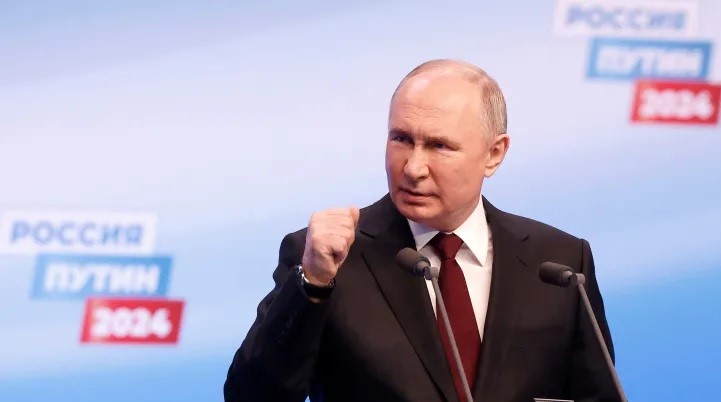
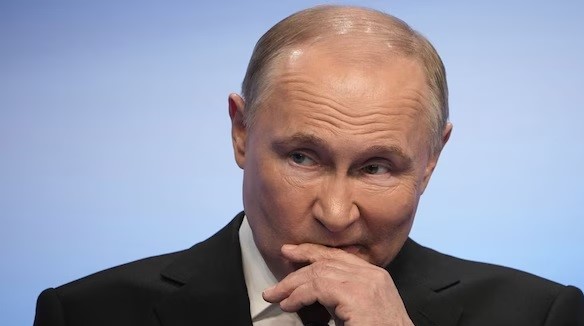
Across Asia and Europe, hundreds of people flocked to polling places at Russian diplomatic missions as midday approached. Cheers and cries of “Yulia, Yulia” were heard when Yulia, Navalny’s widow, arrived at the Russian embassy in Berlin.
Supporters of Navalny who were exiled posted videos of protests both domestically and internationally on YouTube.
“We showed ourselves, all of Russia and the whole world that Putin is not Russia that Putin has seized power in Russia,” said Ruslan Shaveddinov of Navalny’s Anti-Corruption Foundation. “Our victory is that we, the people, defeated fear, we defeated solitude – many people saw they were not alone.”
According to Leonid Volkov, the exiled aide to Navalny who was hit with a hammer in Vilnius last week, hundreds of thousands of people had turned out to vote at polling places in Yekaterinburg, Moscow, St. Petersburg, and other cities.
Russia saw at least 74 arrests on Sunday, according to OVD-Info, a watchdog organization that tracks repression of opposition.
There have been sporadic protests over the past two days, with some Russians setting voting booths on fire or pouring green dye inside ballot boxes. They were branded as traitors and scumbags by Russian officials. Pictures of tampered ballots with anti-Putin inscriptions were shared by opponents.
Putin frames the conflict as a centuries-old struggle against a collapsing and decadent West that, by intruding on Moscow’s sphere of influence, he claims humiliated Russia in the wake of the Cold War.
Elections were also held in four other Ukrainian territories that Moscow partially controls and has claimed since 2022, as well as in Crimea, which it annexed from Ukraine in 2014. Kyiv considers the election held on seized territory to be invalid and unlawful.











































































